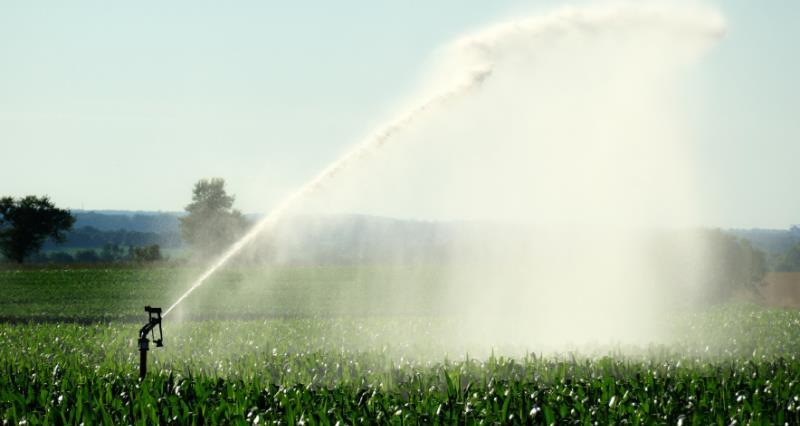Work has started on the development of a new water resources national framework that will guide the development of new regional water plans.
Government analysis shows that water resources will face significant pressures, in terms of their resilience across all sectors, resulting from climate change, population growth and increasing environmental aspirations.
A report published by the National Infrastructure Commission (NIC) in 2018 recommended investing in resilience to meet the challenges of a 1:500 year drought event. To achieve this, the NIC recommends:
- Driving down public demand through the widespread uptake of smart metering
- Increased efficiency measures combined with a 50% reduction in water company leakage by 2050
- Development of new water supplies and bulk water transfers equivalent to 1,300 Megalitres per day (Ml/d)
NFU members: Download a full briefing on the new national framework and regional plans
A new focus on water planning at the regional scale will involve the production of plans that improve co-ordination between public water companies and from other sectors, including farming, to identify multi-sector solutions.
The new national water planning framework represents a significant step forward for the agricultural sector because it recognises the importance food production in a multi-sector approach in delivering resilience to drought and water scarcity.
This process gives the NFU the opportunity to make the case for agriculture as an essential user of water – at least for some commodities in some catchments.
Water quality and catchment management may also feature in some if not all regional plans.
In some regions, engagement in the planning process may provide farmers with opportunities to access water being ‘imported’ into the region, and may benefit abstractors with increased licensing (trading) flexibility.
Future water demand scenarios for agriculture will be difficult to develop and will include significant levels of uncertainty, but should provide the NFU with a valuable opportunity to highlight the relationship between food security and water security.
